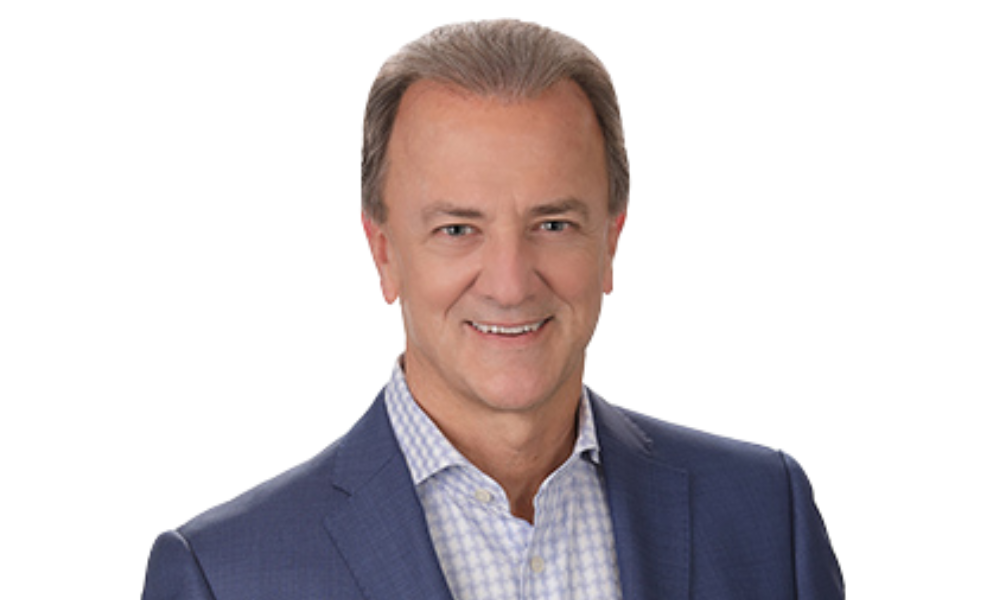Young finance professionals also benefit from being able to enter the business without having to buy one

Investment Planning Counsel (IPC) is pleased with its successful Pinnacle Advisor Program, which helps independent advisors plan their succession while providing young advisors with new options.
“There are challenges in the independent advisor business as it pertains to aging advisors and a lack of younger advisors coming in to be their successors,” John Novachis, IPC’s Executive Vice President of Corporate Growth and Development, told Wealth Professional. “Our Pinnacle Advisor Program is really helping advisors solve their ultimate succession, exit, and monetization of ther business.”
There’s a challenge with less younger advisors entering the field, but also having the money to buy an independent business. Novachis noted that they may have talent, but limited resources.
“The financing mechanisms for these types of transactions have been, well, not conventional,” he said. “In fact, they’re very much risk-based and the lenders want to secure every asset you possibly can own in order for you to qualify for a business loan.”
IPC’s projections indicate that, over the next five years, about $200 - 300 billion of investment assets will be managed by independent advisors, who are going to reach retirement age.
“The IPC Pinnacle Advisor Program is our response to help independent advisors with their ultimate succession and monetization – both within IPC and outside of IPC, as the demographic challenges of aging advisors in Canada is not an IPC phenomenon. It’s an industry phenomenon,” said Novachis.
The program, which has been operating for three years – since Montreal advisor Herb Braley worked with IPC to structure this plan for his business’s succession. Novachis said it has already helped hundreds of advisors, who can opt for one of two approaches – or a combination of them – to provide a customized solution. The first is the traditional, “next-gen” succession solution, where the senior advisor seeks to retire, monetize, and transition the business to a younger advisor. The second approach is to monetize and de-risk the business, allowing the advisor time to find a successor.
“We have a program that allows the advisor to monetize their business today, then continue on as an advisor and continue to earn compensation from the growth of new business,” said Novachis. “Ultimately, at some point in the future, when that ultimate succession happens, there is another form of payout based upon the growth of new assets that have been created by the senior advisor continuing.”
The program has a very competitive and transparent monetization, so advisors can de-risk their business value. IPC, backed by IGM and Power Corp, has strong financial backing to support that.
“There’s no change of investments required. You don’t have to give up your licensing, like some of the other firms that are asking people to give up their license and become a referring agent,” said Novachis. “You have access to everything that you enjoy today, and you get paid today, and then, tomorrow, you get paid for the growth. It’s a very capital efficient transaction, so there are tax benefits. You give up all responsibilities of overhead, marketing, administration, and compliance. HR (human resources) is institutionally delivered by IPC at a scale solution, and you can mentor that younger advisor at your pace. So, there are many, many benefits to this program.”
IPC, meanwhile, also benefits.
“I think this is a very important point in the evolution of independent entrepreneurial advisors in Canada,” said Novachis, noting IPC was founded, and built, by independent financial advisors, so it wants to offer a ‘cradle to grave’ solution to help advisors both build their business and transfer their legacy. “That’s one of the biggest worries senior advisors have is what’s going to happen when I’m not here – and that’s a big worry for clients, too. So, to have this as a key element in IPC’s toolbox, supporting independent advisors, puts us at a significant advantage for future growth with IPC in bringing in these advisors and their clients.”
The program also benefits the next generation of advisor, who may be very capable, but can’t afford to start a business.
“We’re able to create a new form of structure for these advisors that allows them to come on board and grow without having to go to the bank and borrow money to buy,” said Novachis. “They’re rewarded very well, both in guaranteed compensation as well as performance-based compensation, for looking after clients.”
Meanwhile, the senior advisors can interview, select, and develop their successors to deal with their clients. The senior advisors can also work with the clients, while, he said, “we can take away a lot of that heavy lifting of the backroom stuff and deliver it much more efficiently at scale than each individual advisor can do alone.”
Novachis is pleased with the program, but expects it to continue to evolve to help with this generational transition of advisors.
“It’ll evolve from client, successor advisor, and corporate advisor needs and wants,” he said, “If you look after all the stakeholders, IPC will do well as a result.”



